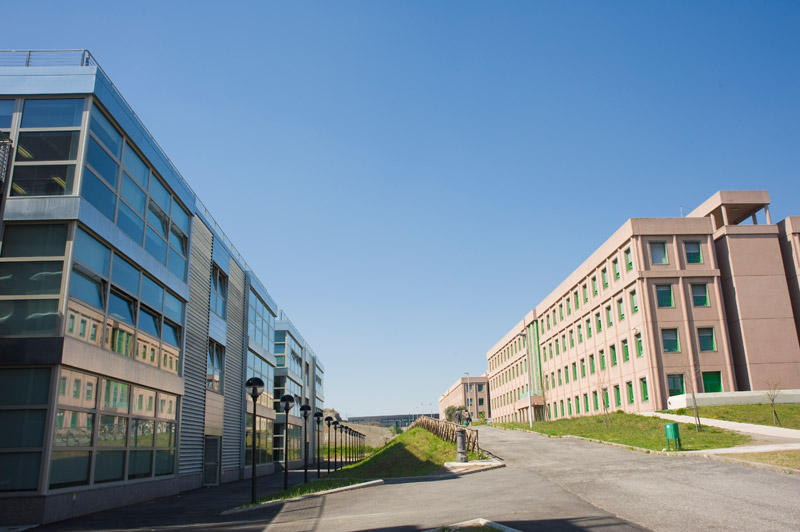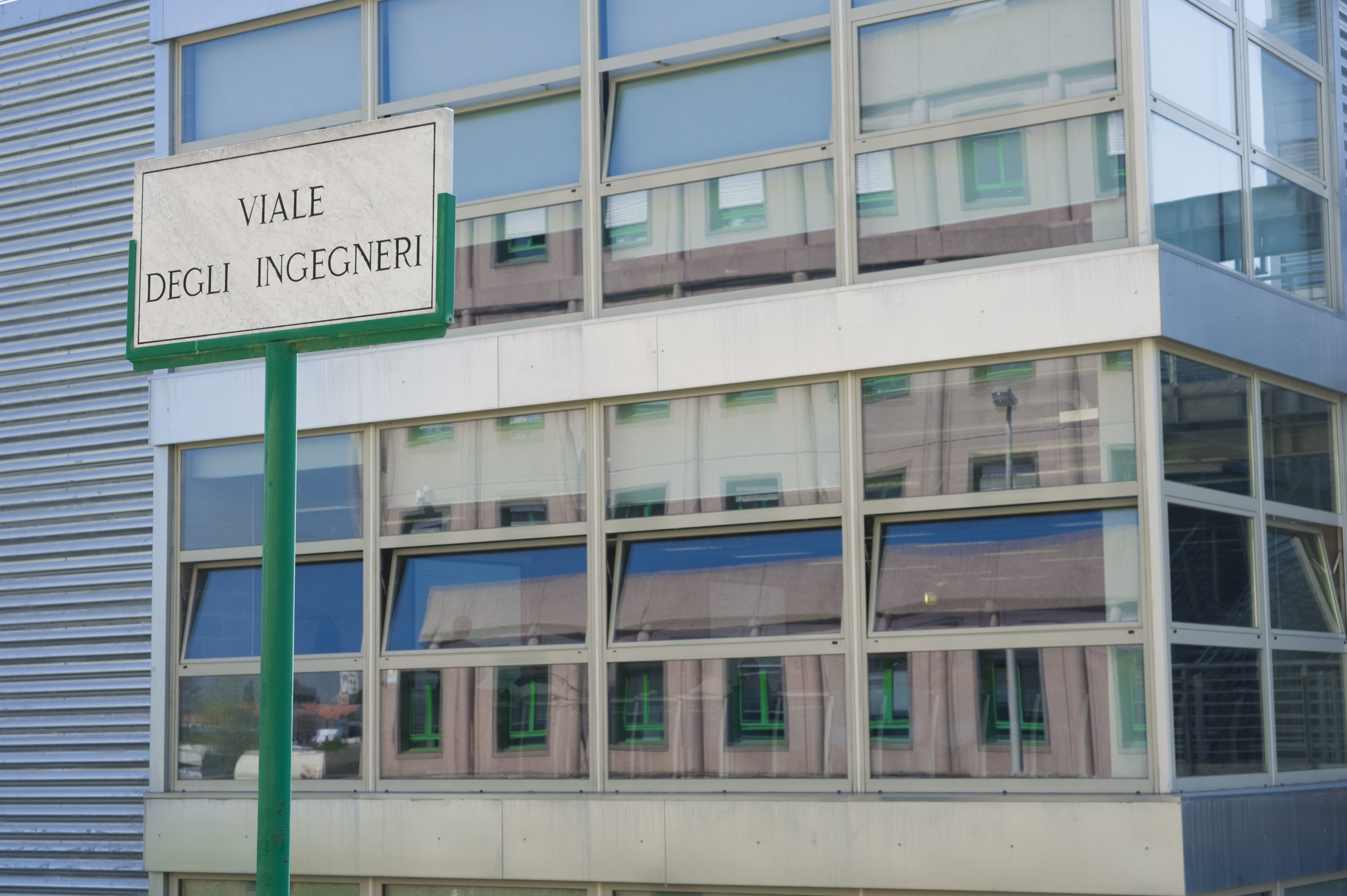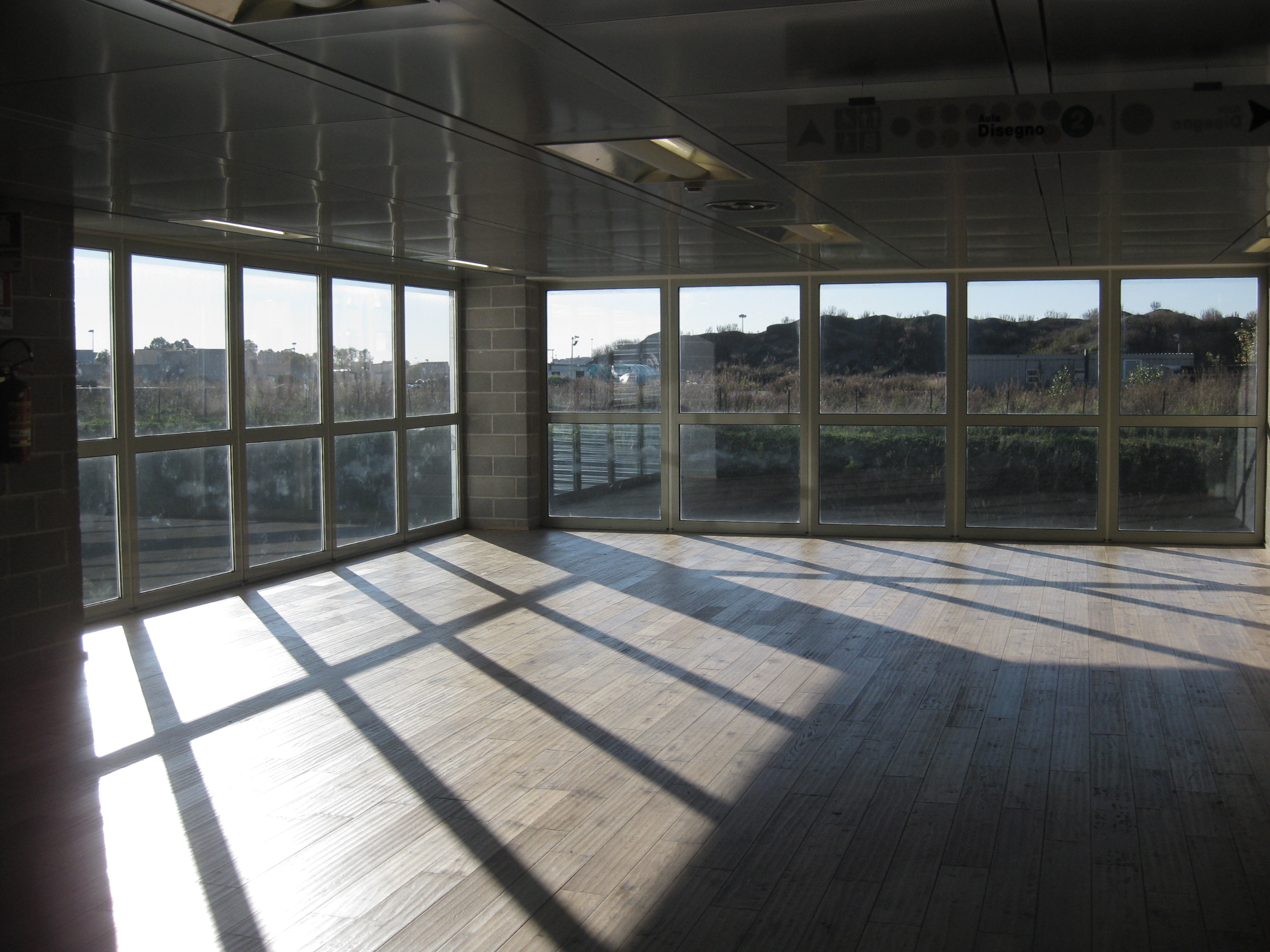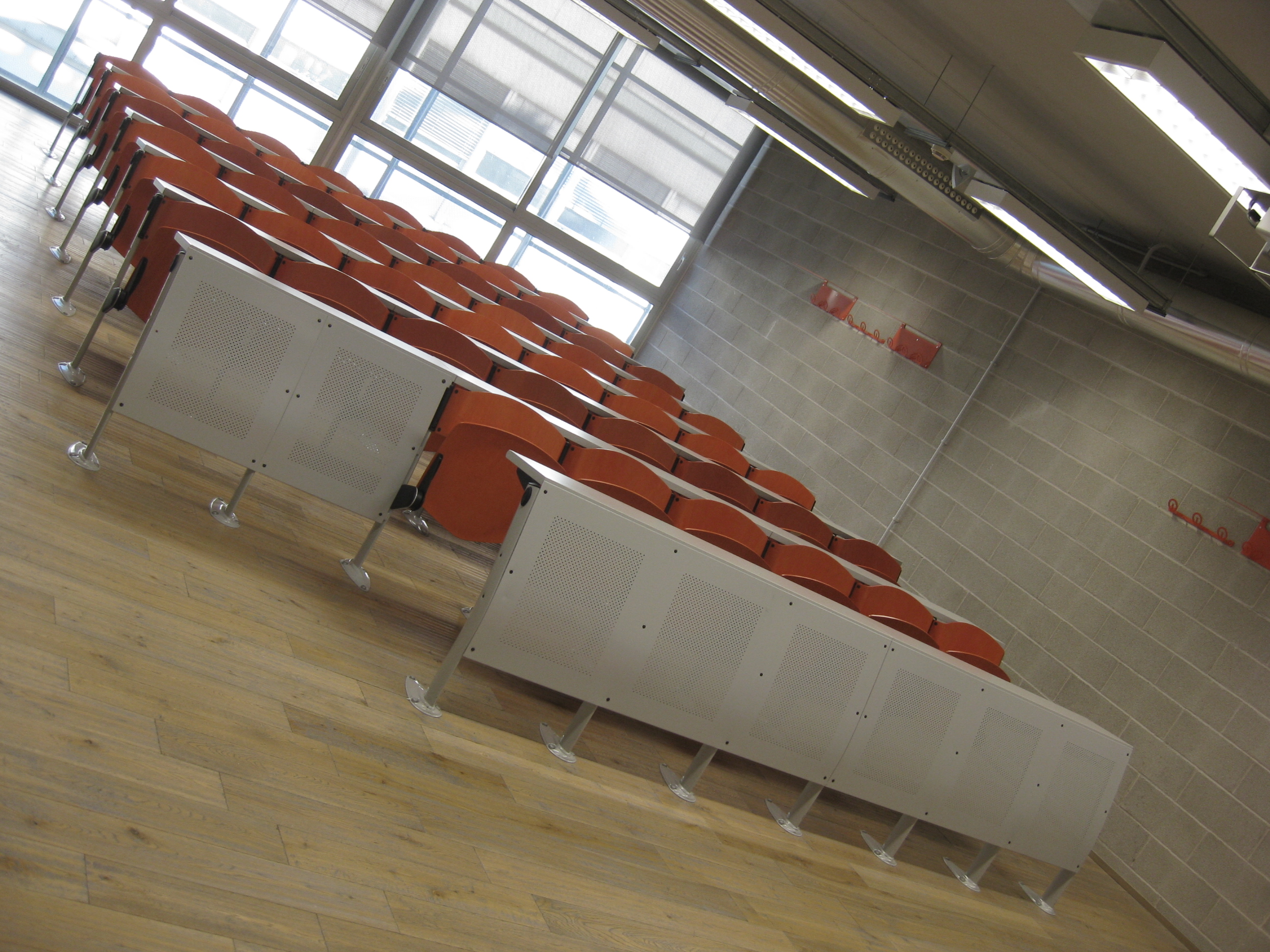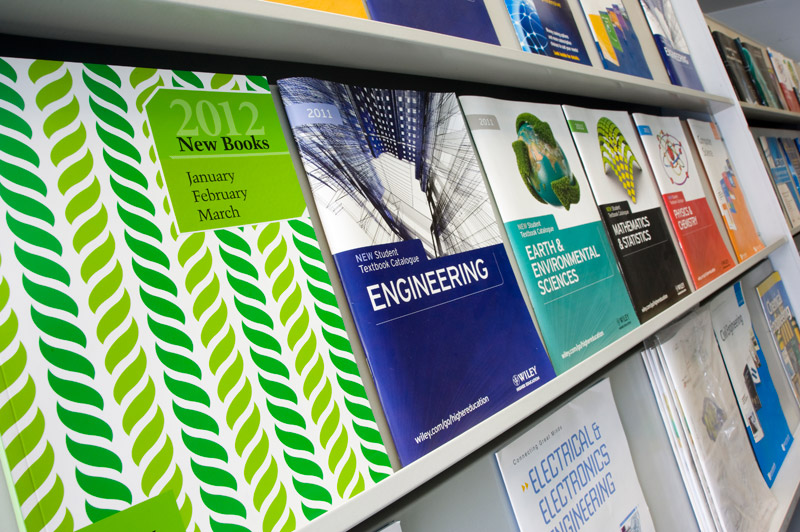Educational goals
The PhD program aims to promote:
- development of multidisciplinary knowledge and skills related to the topics of Management, in order to enable scholars to analyze and solve problems in an innovative way combining different perspectives of analysis;
- the formation of a specialized and border knowledge on specific topics of Management, (New Public Management and innovative Management in Public Administration, e-government, Knowledge Management, Business Rating, Economics and Management of Innovation Technology, Entrepreneurship; Research Evaluation, Planning and Management of production activities and integrated logistics, Business strategies, Leadership);
- ability to anticipate Management problems and to interpret the weak signals on the latest innovations in industry;
- modeling capabilities and data analysis using a wealth of interdisciplinary approaches, methods and tools;
- ability to govern the paradigms of innovation;
- ability to operate in an international context;
- ability to report and present the results of the studies in all forms of expression.
Once admitted to the course, student is assigned a tutor chosen among the members of the teaching staff who will assist him throughout the duration of the studies supervising his study activities, elaborations and research. At the end of each year, the Academic Board is asked to evaluate the quality of the work done the admissions to the subsequent years. Such admission will be conditional upon completing a minimum number of credits.
In this regard, the Academic Board has established certain requirements for monitoring the maturity of the research activities carried out over the three years.
After the approval of Academic Board, the final discussion of the thesis will be held with the presence of a specially appointed national commission. Discussion will consist of an oral presentation of the personal dissertation and subsequent discussion with questions and requests for clarification from the committee members.
The doctoral program in Management is characterized by high scientific profile training, capable of forming experts in management, planning, mathematical modeling applied to management, analysis, evaluation and management of projects on the engineering of the innovative processes.
Research Topics
- Economics and management of technological innovation
- Logistics and manufacturing systems engineering
- Organization and management
- Organization of business systems
- Evaluation of research and technology transfer
- Economics of industrial systems
- Knowledge management
- Leadership and creativity
- Estimates, correlations, and predictive models of consumption, reserves, production of primary fossil energy sources at local, national, global scale using computer codes (eg Markal-Macro) and the development of new algorithms and simplified procedures. Estimates, correlations and models of the corresponding production of CO2, with characterization of interdisciplinary issues.
- Assessments on components and systems for the exploitation of renewable sources through experimental measurements, mathematical models and numerical simulations of the behavior of solar thermal and solar photovoltaic devices, wind and hybrid energy savings and / or integrated devices into the building envelope.
- Identification and analysis of the barriers delaying the large-scale dissemination of CCS technologies (capture, transport and confinement of CO2) in Europe and in foreign countries, with particular reference to China (with whom we have an agreement in place). Study of the management problems regarding the sequestration of CO2 in Italy due to technological, infrastructure and land constraints. Studies on the logistics of nuclear sites, the tracking of nuclear materials and waste containment. Studies and contributions obtained by satellite monitoring.
- Study of the combined processes aimed at saving energy and reducing CO2 emissions with different technologies: cogeneration, trigeneration, microgeneration, integration of components in constructions, adoption of solar hybrid multifunction devices. Aimed planning of innovative components and identification of research paths which could actually succeed.
- Study and development of methods of analysis, planning and management of integrated and organic lines of research aimed at the pursuit of goals both short and medium term (mainly through contributions to applied research and innovation) and medium-term (mainly basic research). Definition of strategies and criteria for the choice of sectors in the energy field.
- Issues at points 9-13 are the subject of a specific cooperation plan between Italy and China aimed at sharing knowledge about innovation in the diversification of the mix of primary energy sources, security of supply, advanced techniques for cutting off the emissions. In this respect, special attention will be devoted to the performance of components and systems for renewable energy (solar, wind, etc.) in off-design conditions and with certain technologies (materials, equipment and infrastructure in particular) regarding the conversion with clean coal thanks to a mutual growing interest in both Italian and Chinese context, with emphasis on logistics, geological, and spatial planners in the long term. International cooperation covers both the technologies and materials (Ecole des Mines and the Harbin Polytechnic) both the planning and management (School of Management in Harbin). In Italy, ENEA, INGV have expressed interest and willingness to support the initiative, along with some Italian electricity companies (under the coordination of Assoelettrica).


